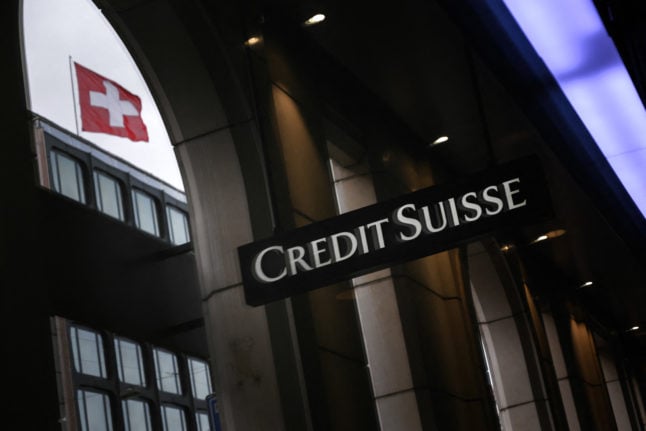A court in Zurich sentenced Pierin Vincenz, former head of the Raiffeisen Switzerland cooperative bank, to three years and nine months in prison for charges including fraud, breach of trust and “passive corruption”. Vincenz had already spent 106 days in pre-trial detention.
The other main defendant, Beat Stocker, former head of the credit card company Aduno, was sentenced to four years in prison at the end of a trial that included five other defendants.
In a 364-page indictment, the two former bankers were accused of influencing Raiffeisen, one of Switzerland’s largest banks, and other financial companies they managed and advised to buy companies in which they had taken private, undisclosed stakes.
The two defendants illegally pocketed 25 million Swiss francs ($26.8 million, 24.6 million euros) — nine million for Vincenz and 16 million for Stocker — the prosecution said.
Vincenz was also accused of having used his expense accounts for private outgoings, including 200,000 Swiss francs for visits to strip clubs and 250,000 francs for personal trips.
During this highly publicised trial, he justified these expenses by the need to maintain relations with his clients.
The court also charged him with breach of trust for other private expenses, including a romantic liaison which Vincenz had represented as a job interview.
At the end of his trial, Vincenz admitted mistakes during his 20 years at the bank, but claimed he had done nothing illegal. His defence team had called for an acquittal.
His lawyer had argued that Vincenz had not been involved at the bank with negotiations on the purchase of companies and indicated he would appeal the court’s decision, ATS reported.



 Please whitelist us to continue reading.
Please whitelist us to continue reading.
Member comments